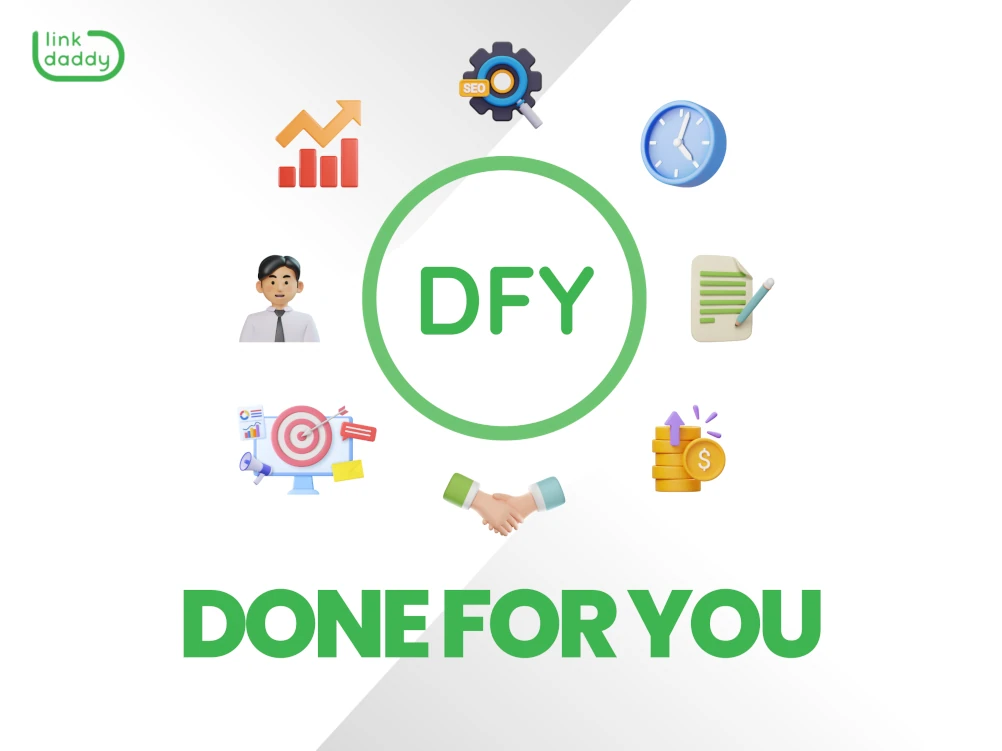Universal Cloud Service: Streamlining Operations Worldwide
Universal Cloud Service: Streamlining Operations Worldwide
Blog Article
Comprehending the Different Kinds Of Cloud Services and Their Usages
From Facilities as a Solution (IaaS) to Software Application as a Solution (SaaS), each kind of cloud solution serves an unique objective and supplies distinct advantages. By checking out the nuanced performances and applications of each cloud solution, one can navigate the complexities of cloud computing with accuracy and insight.
Facilities as a Service (IaaS)
Infrastructure as a Solution (IaaS) provides individuals with virtualized computing resources over the net on a pay-as-you-go basis. This cloud computer model supplies essential IT facilities such as virtual equipments, storage space, and networking without the requirement for companies to spend in and manage physical servers and information facilities. With IaaS, customers can scale resources up or down based on their requirements, supplying adaptability and cost-efficiency.
Among the essential advantages of IaaS is its capability to rapidly stipulation and deploy framework parts, allowing companies to respond promptly to changing demands and market conditions. By contracting out facilities monitoring to the service provider, organizations can focus a lot more on their core business tasks instead of handling the complexities of hardware maintenance and upgrades.
Furthermore, IaaS uses a high degree of reliability and safety, with companies typically supplying durable information back-up, calamity healing, and cybersecurity measures. This assists make sure that important organization procedures stay uninterrupted and information remains secured versus potential threats. cloud services press release. On the whole, Framework as a Service enhances IT operations, enhances scalability, and reduces capital investment for services of all sizes
Platform as a Solution (PaaS)
Structure upon the foundation of Infrastructure as a Solution (IaaS), System as a Solution (PaaS) provides an extensive environment for designers to develop, release, and manage applications without the intricacies of underlying facilities monitoring. PaaS gives a platform with tools and services that streamline the growth procedure, allowing programmers to concentrate on composing code and building applications as opposed to dealing with facilities worries.

Software Program as a Service (SaaS)
Software Application as a Solution (SaaS) changes the way companies accessibility and make use of software program applications by supplying them on a membership basis through cloud suppliers. This cloud computing design removes the demand for companies to preserve and mount software program on private devices, as everything is organized and taken care of centrally in the cloud.
SaaS supplies a cost-efficient option for services as they only spend for the software they make use of without the added costs of hardware upkeep or software application updates. It also supplies scalability, enabling business to easily readjust their software program demands based upon their needs.
Additionally, SaaS applications this content can be accessed from any type of device with a web connection, promoting cooperation and adaptability amongst remote teams. Safety is a top priority her response in SaaS, with service providers executing durable actions to secure information stored in the cloud.
Popular examples of SaaS include consumer partnership monitoring (CRM) software application like Salesforce, productivity devices like Microsoft Workplace 365, and cooperation systems like Google Work area. SaaS continues to obtain traction in business world due to its benefit, cost-efficiency, and scalability.
Feature as a Service (FaaS)
With the advancement of cloud solutions like Software as a Solution (SaaS) simplifying software program distribution, Feature as a Service (FaaS) represents a paradigm shift in exactly how code is performed in a serverless atmosphere. FaaS enables developers to create and execute individual features or pieces of code in response to specific occasions without the need to take care of the facilities. This serverless computer design makes it possible for developers to focus exclusively on creating code to carry out particular performances, without worrying themselves with the underlying infrastructure or web server monitoring.
Features are executed in stateless containers that are spun up and down as needed, ensuring optimum source utilization and cost-effectiveness. By abstracting the facilities layer, FaaS simplifies development, increases time to market, and improves overall dexterity in releasing cloud-native applications.
Storage as a Solution (STaaS)
An essential element in cloud computing, Storage as a Service (STaaS) gives users with a scalable and reliable option for handling information storage space demands. STaaS enables companies to keep and retrieve information from remote web servers via the web, getting rid of the need for on-premises equipment. This solution supplies versatility by enabling users to pay only for the storage they utilize, making it a cost-effective option for companies of all dimensions.

STaaS is particularly valuable for services with varying storage space needs, as it gives a protected and dependable storage space solution without the requirement for considerable upfront investments. By leveraging STaaS, organizations can streamline their data monitoring procedures, improve availability, and enhance data safety in a cost-efficient manner.

Conclusion
In verdict, recognizing the different kinds of cloud services and their uses is important for services and people looking to leverage the benefits of cloud computing. By making use of the ideal cloud solution, companies can improve their performance, scalability, and versatility in handling their IT facilities and applications.
From Framework as a Solution (IaaS) to Software as a Solution (SaaS), each kind of cloud service offers an unique objective and provides distinct advantages. linkdaddy cloud services. By discovering the nuanced functionalities and applications of each cloud service, one can browse the complexities of cloud computing with precision and insight
With the advancement of cloud solutions like Software application as a Solution (SaaS) simplifying software shipment, Function as a Service (FaaS) represents a standard change in how code is performed in a serverless atmosphere.In conclusion, comprehending the different kinds of cloud solutions and their uses is crucial for organizations and individuals looking to take advantage of the benefits of cloud computer. By using the ideal cloud service, companies can boost their performance, scalability, and versatility in handling their IT infrastructure and applications.
Report this page